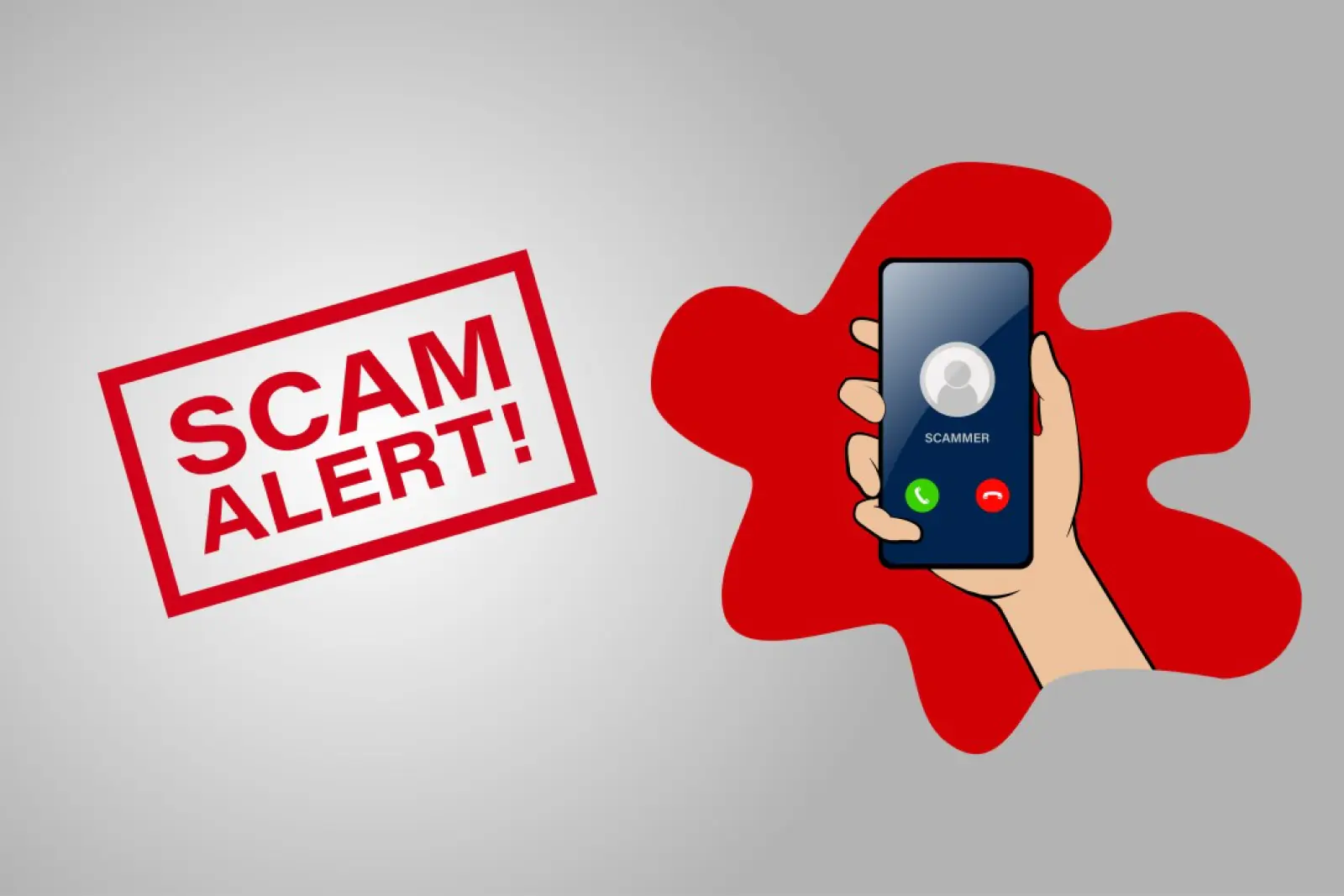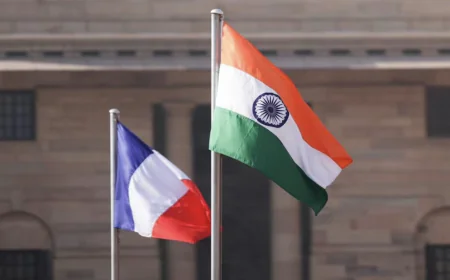Government made this appeal to the people, also told ways to avoid parcel scams
Parcel Scam: These calls often come in the name of officials of the Narcotics Control Bureau (NCB), Central Bureau of Investigation (CBI), and other law enforcement agencies. Microsoft is also cooperating in this. Recently, with the help of Microsoft, the government has blocked more than 1,000 Skype IDs involved in parcel scams and digital arrest scams.

Parcel scam is spreading very fast in India. Till now thousands of people have been targeted under the parcel scam and crores of rupees have been defrauded. Now the government has started action against parcel scams. The Indian Cyber Crime Coordination Center (I4C) and the Department of Telecommunications (DoT) have joined forces to stop spoof calls originating from outside India, The Economic Times reports.
These calls often come from the names of officials from the Narcotics Control Bureau (NCB), Central Bureau of Investigation (CBI), and other law enforcement agencies. Microsoft is also cooperating in this. Recently, with the help of Microsoft, the government has blocked more than 1,000 Skype IDs involved in parcel scams and digital arrest scams.
One new kind of scam is a parcel scam. In this case, cybercriminals call people and pretend to be NCB, CBI, or Customs Department representatives. To further instill trust, these con artists include a picture of an officer from these organizations in their WhatsApp profile picture. Then they tell people that money laundering is also taking place and that SIM cards, passports, and other items have been found in their names.
Want to get your story featured as above? click here!
Want to get your story featured as above? click here!
Aside from this, these jackals threaten to put people in jail by sending them fictitious CBI letters. Following this, they frequently make money requests and digitally arrest individuals as well. People who are placed under digital arrest are asked to stay on the video call and are threatened.
According to the Home Ministry, the easiest and simplest way to avoid such scams is to become aware. Do not respond to any call or message without checking. Apart from this, if you have even the slightest doubt then complain about it on the Cyber Dost website or Chakshu portal. Do not make the mistake of sending money under any circumstances. Apart from this, do not give them your personal information like bank account number, PAN card number, Aadhaar number, or address at any cost.





















.jpg.jpeg)











.jpg)






















.jpg)









.jpg)













